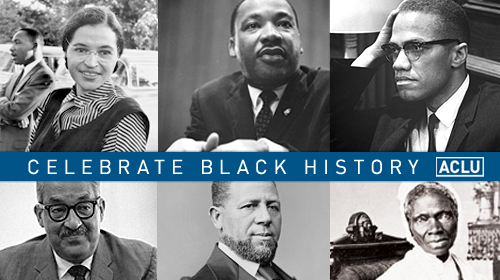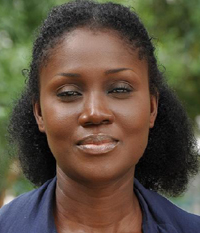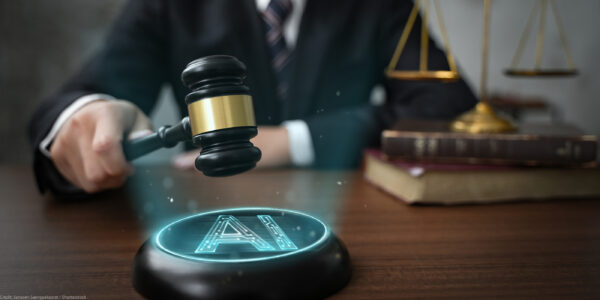
Although I am African, my family’s move to Rhode Island in the early 1980s led to a jarring racial awareness I had not previously experienced. It wasn’t until my teens that I realized that my grade school friend in Liberia was a blonde haired, blue-eyed Black girl!
My first day of school turned up two things: I was the first Black student at Hugh B. Bain Middle School and the darkest person anybody in the school had ever seen. “Blue” some later called me. Each class began with an impromptu introduction. I fielded questions about tigers and lions, which struck me as odd, but I knew the answers from firsthand experience at the zoo. So, I provided them.
Because I excelled in track, the coach encouraged me to also try out for basketball, although I had never touched an orange ball before. Despite expectations, my basketball ability can only be described as horrible. Forget Black, I might as well have had green skin.

Tori Mends-Cole is a Communications Coordinator at the national ACLU in Washington DC. She joined the ACLU after serving as adjunct faculty at DC area private colleges teaching Public Speaking, Communication Theory, Intercultural Communication, Analytical Thinking and Career Skills courses. Tori has a MA in Communication from the University of Maryland at College Park.
Like a typical teen, I mirrored my peers to assimilate and felt confident and very American: from my speech to my cordless curling iron. Even the regular presence of a police car crawling alongside as I walked home from track practice was a norm. A white schoolmate offered that the police always questioned school-aged kids, so I accepted their lingering. I marveled at the exceptional service at retail stores. At every turn, there were eager salespeople never more than a glance away. I tell you, the service I received from retailers looking to earn my $20 weekly allowance rivaled the attention reserved for esteemed customers in Africa. So, shopping became a cherished experience.
Later, the arrival of two Black brothers from an urban neighborhood in Providence clued me in to something else. I did not act or speak “Black.” I learned what being followed around the store really meant!
Alone, my experience is mild, but millions have similar experiences. Today, racial profiling is disguised as immigration enforcement or other laws that negatively affect one group of people disproportionately... Racial profiling is still unfair.
During Black History Month, let’s applaud the achievements of Blacks who paved the way by continuing to stand up for equal treatment for us all. Every person in America, regardless of race, creed or national origin deserves a fair chance to enjoy core American values. The victory over unfair treatment is quite a feat, but for Blacks in this country, it is more than a fight for equality or rights. It is a fight for the privilege to be judged based on individual merit and to remove that inherent hesitation and defensiveness that I’ve learned comes with being a Black person living in America.
This blog post is one of several personal testimonials written by ACLU staff members to commemorate Black History Month.
Do you know who’s pictured in our Celebrate Black History logo? Top row, from left to right: Rosa Parks, Martin Luther King, Jr. and Malcolm X. Bottom row, from left to right: Thurgood Marshall, Hiram Rhodes Revels and Sojourner Truth.
Learn more about racial profiling: Sign up for breaking news alerts, follow us on Twitter, and like us on Facebook.



